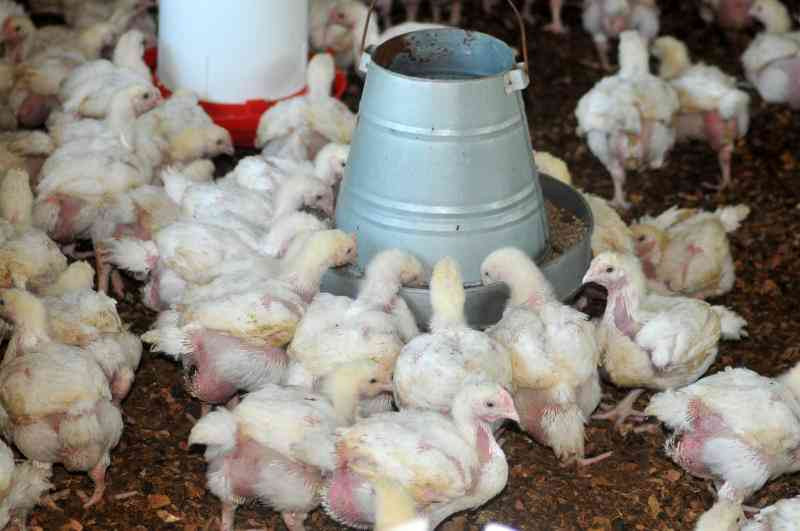
In today’s meat industry, consumers are looking for assurance that the meat they eat is free from harmful pathogens and chemical residues.
This is rightly so because unsafe meat can cause serious foodborne diseases, especially among old folks, children and pregnant mothers.
Farmers, therefore, need to familiarise themselves with international food safety standards.
For broiler farmers, they must rear and manage their birds in ways that protect health, build consumer trust, ensure fair trade and sustain the poultry industry.
Here are five primary areas that require attention.
Flock Health and Emaciation: To avoid emaciation in your broilers, you must keep uniform brooding conditions for all the birds, both at night and during the day.
If you achieve a day seven weight of 160-180g in 80 per cent of your flocks, then you are headed to good uniformity and better body conformation. This requires acumen by paying attention to details, a good environment, superior quality chick and robust feed quality.
Septic wounds on the skin and ammonia burns: The three most important farm inputs in a chicken house are provision of clean portable drinking water, superior quality and well-balanced feed and dry friable litter or bedding.
Dry litter will ensure no ammonia burns on the feet, breast, hocks and skin and fewer physical injuries that get infected easily. Ensure the units are well aerated and water is chlorinated weekly to avoid infections.
Wanton use of antibiotics: Consumers are now asking questions about how and why antibiotics are used to treat and prevent diseases in chickens. They will make choices on chickens they eat based on preferences, tastes, aesthetics and whether they are raised on antibiotic-free diets.
This further echoes the need to use antibiotics sparingly and only when needed. Most diseases treated by antibiotics can be prevented through good animal husbandry practices, strict biosecurity principles, adequate feed and water management, good brooding and curtain management and right vaccination principles.
Bruised and broken wings: Bruises are injuries inflicted on the surface of the skin of live chickens either during growth or at the time of catching for slaughter. A bruise can be mild or, in extreme cases, so severe that the blood vessels under the skin are disrupted, leading to internal bleeding.
This will appear as reddish to brown discolouration on or under the wing. Hotel managers will reject such products on the spot or may accept them, albeit at a lower grade. If the bruises are not broken, they stay sterile and still fit for human consumption. Completely broken wings occur if the injury was more severe, which will result in automatic rejection.
Please note wings are extremely loved by hoteliers due to their taste and preference. To avoid these conditions, ensure your poultry house has good bedding with no sharp materials, and ensure the worn-out metallic feeders are replaced.
During catching, hold chickens under the abdomen and place them upright in the crates. Avoid holding chickens by their feet and inverting them, as this makes them continuously flap their wings, resulting in fractures and ‘Green muscle disease’.
Stay informed. Subscribe to our newsletter
Over-scalding. Scalding is the process of immersing slaughtered chickens in a tank of hot water to loosen the feathers and make it easier for them to be plucked.
The duration and temperature of the water are critical for an excellent job to be done. It is advisable to keep the temperatures at 56-58 degrees Celsius for 1-2 minutes.
Farmers boil water at 100 degrees Celsius and scald chickens for more than necessary. This will result in loss of the attractive yellow colour, shortening of muscles and loosening of the skin.
And finally, rearing birds in an unsafe environment may lead to disease outbreaks, unsafe meat getting into the market, which can easily cause loss of consumer confidence, reduced sales and trade bans. Food safety protects both public health and our economy.







